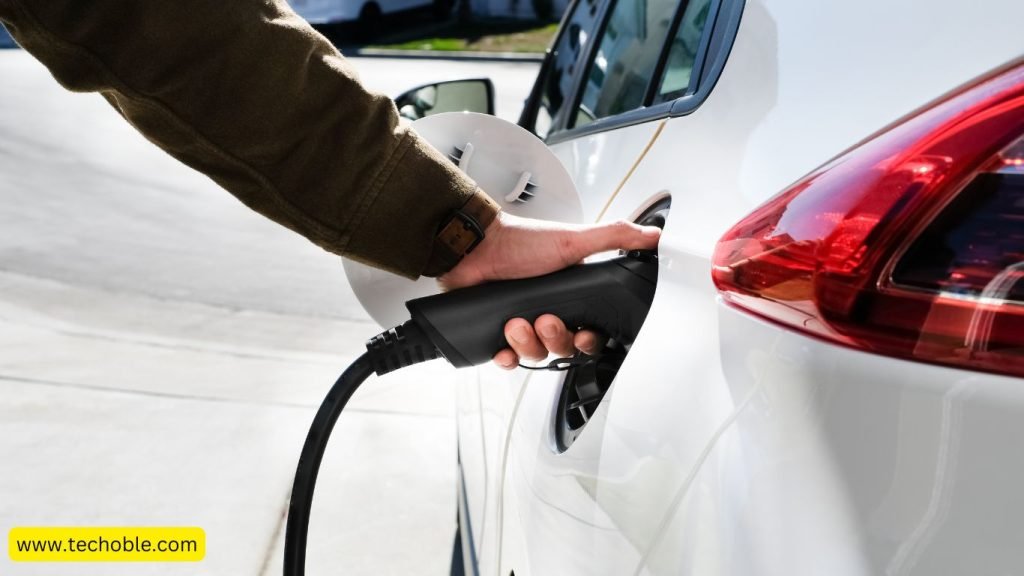 Electric vehicles (EVs) are marketed as a solution to climate change, promising cleaner air and lower emissions. But do electric cars have a big impact on the environment, and are they truly sustainable for the future? Let’s explore their environmental footprint, pros and cons, and whether EVs are better than hybrids or just as harmful as fossil-fuel cars.
Electric vehicles (EVs) are marketed as a solution to climate change, promising cleaner air and lower emissions. But do electric cars have a big impact on the environment, and are they truly sustainable for the future? Let’s explore their environmental footprint, pros and cons, and whether EVs are better than hybrids or just as harmful as fossil-fuel cars.
What Makes Electric Vehicles Popular?
EVs have surged in popularity over the last decade. Governments are incentivizing their adoption with tax credits, subsidies, and rebates to reduce reliance on gasoline cars. But beneath the surface, it’s important to assess if electric cars are as eco-friendly as they seem.
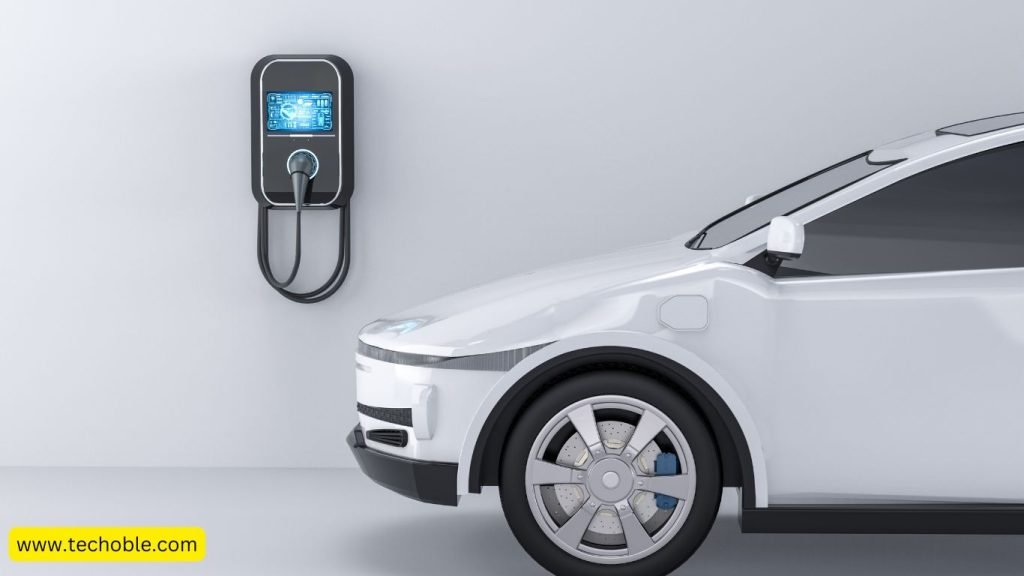
Reasons for the Rise of EVs
- Zero tailpipe emissions: EVs release no exhaust gases when driving.
- Lower fuel costs: Electricity is cheaper than gasoline.
- Less maintenance: Fewer moving parts mean reduced upkeep.
- Environmental marketing: Tesla, for instance, promotes a green image, but is Tesla really eco-friendly?
The Environmental Impact of Manufacturing EVs

While EVs have no tailpipe emissions, their production process is resource-heavy. Electric car batteries require lithium, nickel, and cobalt, which come with a high environmental cost.
Carbon Footprint of Electric Cars
- Battery production is responsible for a large share of emissions. Studies show that manufacturing a lithium-ion battery generates up to 74% more CO₂ than producing an internal combustion engine.
- Mining materials like cobalt from countries like the Democratic Republic of Congo raises social and environmental issues. This contributes to air and water pollution.
- Transportation of raw materials also adds to emissions, increasing the carbon footprint of electric cars.
Electric Cars vs. Hybrids: Which Is Better?
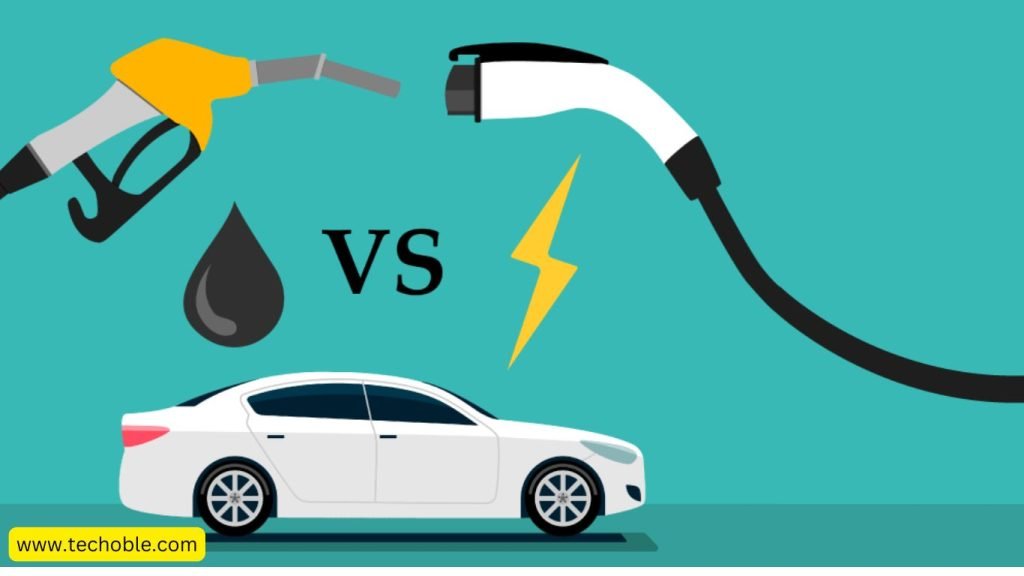
Are electric cars better for the environment than hybrids? While hybrids use both gasoline and electricity, they emit less CO₂ than gas-only cars but more than EVs in operation.
Comparison Table: EVs vs. Hybrids
| Feature | Electric Vehicles (EVs) | Hybrids |
|---|---|---|
| Tailpipe Emissions | Zero | Reduced |
| Battery Size | Large | Smaller |
| Manufacturing Emissions | High | Moderate |
| Range | Limited | Longer |
| Dependence on Charging Grid | High | Low |
EVs have a lower operational carbon footprint but rely heavily on clean electricity grids for true environmental benefits.
Disadvantages of Electric Vehicles on the Environment
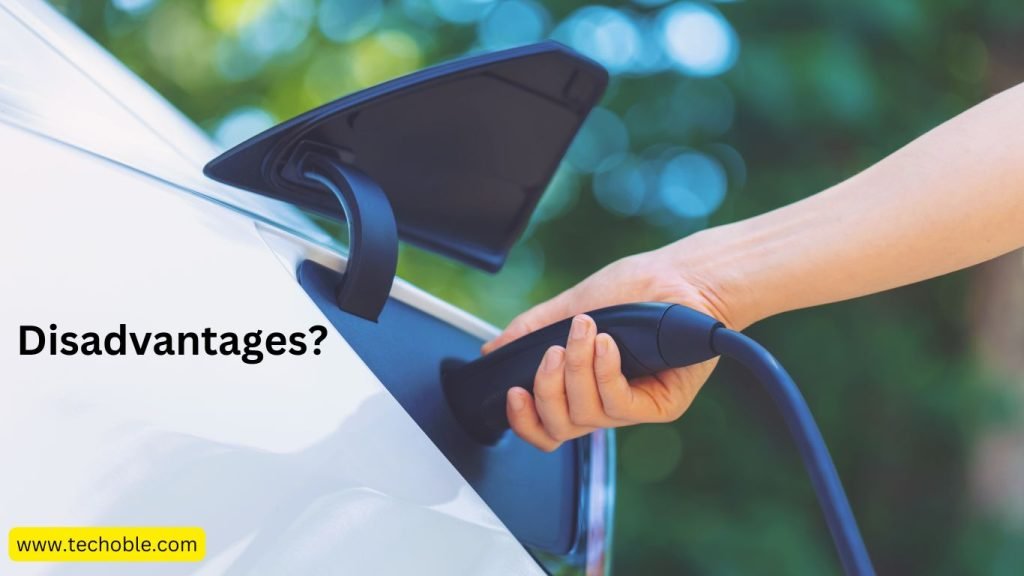
Though EVs promise eco-friendliness, they have drawbacks that can’t be overlooked. Here are 10 reasons why electric cars are bad for the environment:
- High energy demand: Battery production consumes significant energy.
- Pollution from mining: Extracting lithium and cobalt harms ecosystems.
- Battery waste: Recycling facilities for EV batteries are limited.
- Limited range: Drivers need frequent recharging, especially on long trips.
- Electricity grid dependency: Not all countries use renewable energy for electricity.
- Grid strain: Mass EV adoption may increase power outages.
- Long production cycles: Building EVs takes more energy than making gas cars.
- Social impact of mining: Human rights abuses in mining regions raise concerns.
- Short battery lifespan: Batteries need replacement every 8–10 years.
- Non-renewable materials: Many battery components are not sustainable.
How Green Are Electric Vehicles Really?
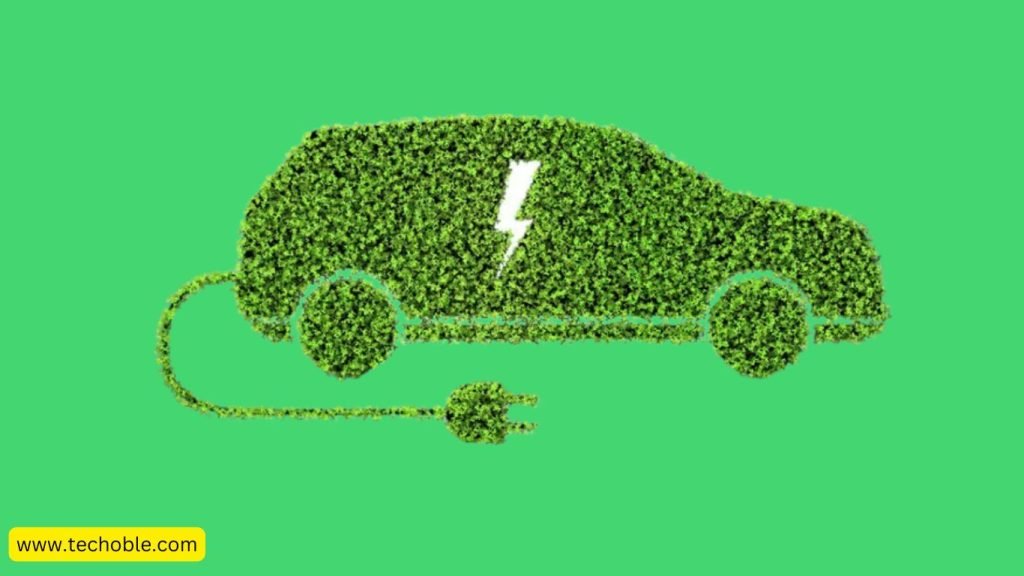
The true environmental benefit of electric cars depends on the energy source used for charging. In countries with coal-powered grids, EVs can be nearly as harmful as gasoline vehicles.
The Role of the Power Grid
- Renewable energy grids (hydro, solar, wind) significantly reduce the carbon impact of EVs.
- Fossil-fuel-heavy grids (coal, gas) offset the emission savings from driving electric cars.
- A Tesla car charged in Norway (hydropower) emits far less CO₂ than one charged in China, where coal still dominates.
Are Electric Vehicles Sustainable for the Future?
For EVs to be a long-term sustainable solution, innovations in battery technology and recycling processes are crucial. Automakers are exploring alternatives such as solid-state batteries that are safer and easier to recycle.
- Second-life batteries: Repurposing old EV batteries for energy storage.
- Closed-loop recycling: Companies like Tesla aim to reuse old batteries, but recycling systems are still underdeveloped.
- Energy-efficient production: Factories powered by solar and wind are making EVs greener.
Pros and Cons of Electric Vehicles
 Pros of Electric Vehicles
Pros of Electric Vehicles
- No tailpipe emissions: Reduces urban air pollution.
- Lower running costs: Electricity is cheaper than gasoline.
- Incentives: Governments offer tax credits for EV buyers.
- Quiet operation: EVs produce less noise pollution.
Cons of Electric Vehicles
- High initial cost: EVs are more expensive than gas cars.
- Range anxiety: Limited charging stations cause inconvenience.
- Grid dependency: Not all grids use renewable energy.
- Battery disposal issues: Recycling infrastructure is still developing.
Economic Impact of EVs: Why Electric Cars Are Bad for the Economy
The mass shift to EVs can disrupt industries and affect economies:
- Decline of oil and gas sectors: Countries reliant on fossil fuels may face economic challenges.
- Job losses: Gas-powered car manufacturing employs millions globally. EVs need fewer components and less labor.
- Cost to governments: Subsidies for EVs strain public budgets.
While EVs promise environmental benefits, their economic downsides cannot be ignored. Policymakers need to balance innovation with job preservation and economic growth.
Are Electric Vehicles Better for the Environment?
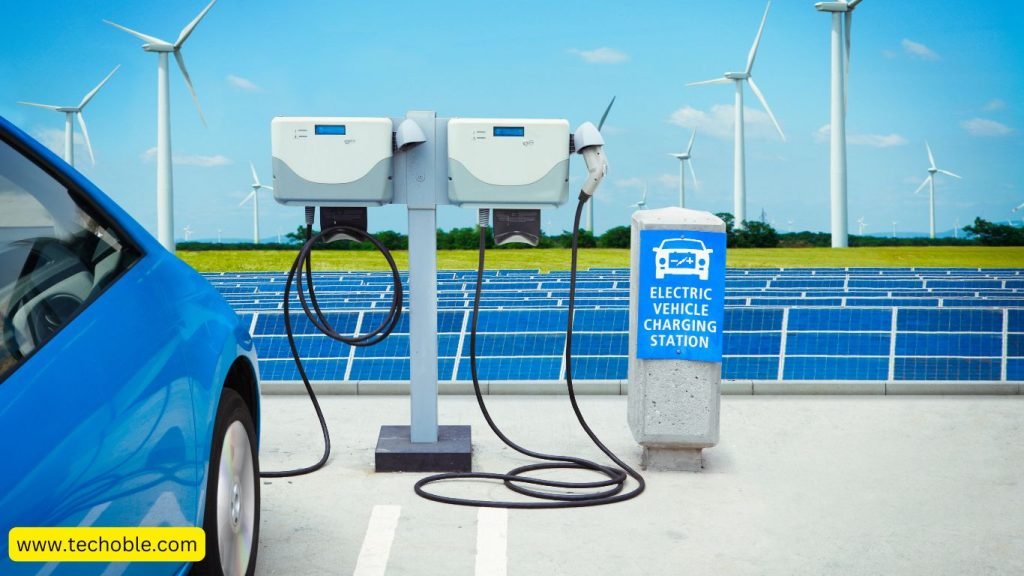 The question “Are electric vehicles better for the environment?” doesn’t have a simple answer. EVs have clear advantages, but they come with their own environmental costs. Studies suggest that EVs become carbon-neutral only after driving for 1 to 3 years—depending on the energy source used to charge them.
The question “Are electric vehicles better for the environment?” doesn’t have a simple answer. EVs have clear advantages, but they come with their own environmental costs. Studies suggest that EVs become carbon-neutral only after driving for 1 to 3 years—depending on the energy source used to charge them.
Electric Cars Are Just as Harmful to the Environment?
While EVs reduce air pollution, they have hidden environmental costs. Battery mining, manufacturing emissions, and disposal challenges make them far from perfect. “Electric vehicles are better for the environment” is a valid statement only if paired with renewable energy and efficient recycling. Without these, EVs could end up being just as harmful to the environment as traditional cars.
Electric vehicles offer a path toward a greener future, but they are not a silver bullet. For EVs to live up to their eco-friendly promises, we need cleaner grids, better recycling infrastructure, and sustainable production processes. Without these changes, the disadvantages of electric vehicles on the environment will continue to challenge their eco-friendliness.
EVs are part of the solution, but they are not the whole solution. As innovation continues, better battery technologies, renewable energy grids, and recycling advancements will determine whether electric cars become a true ally in the fight against climate change.
 Pros of Electric Vehicles
Pros of Electric Vehicles